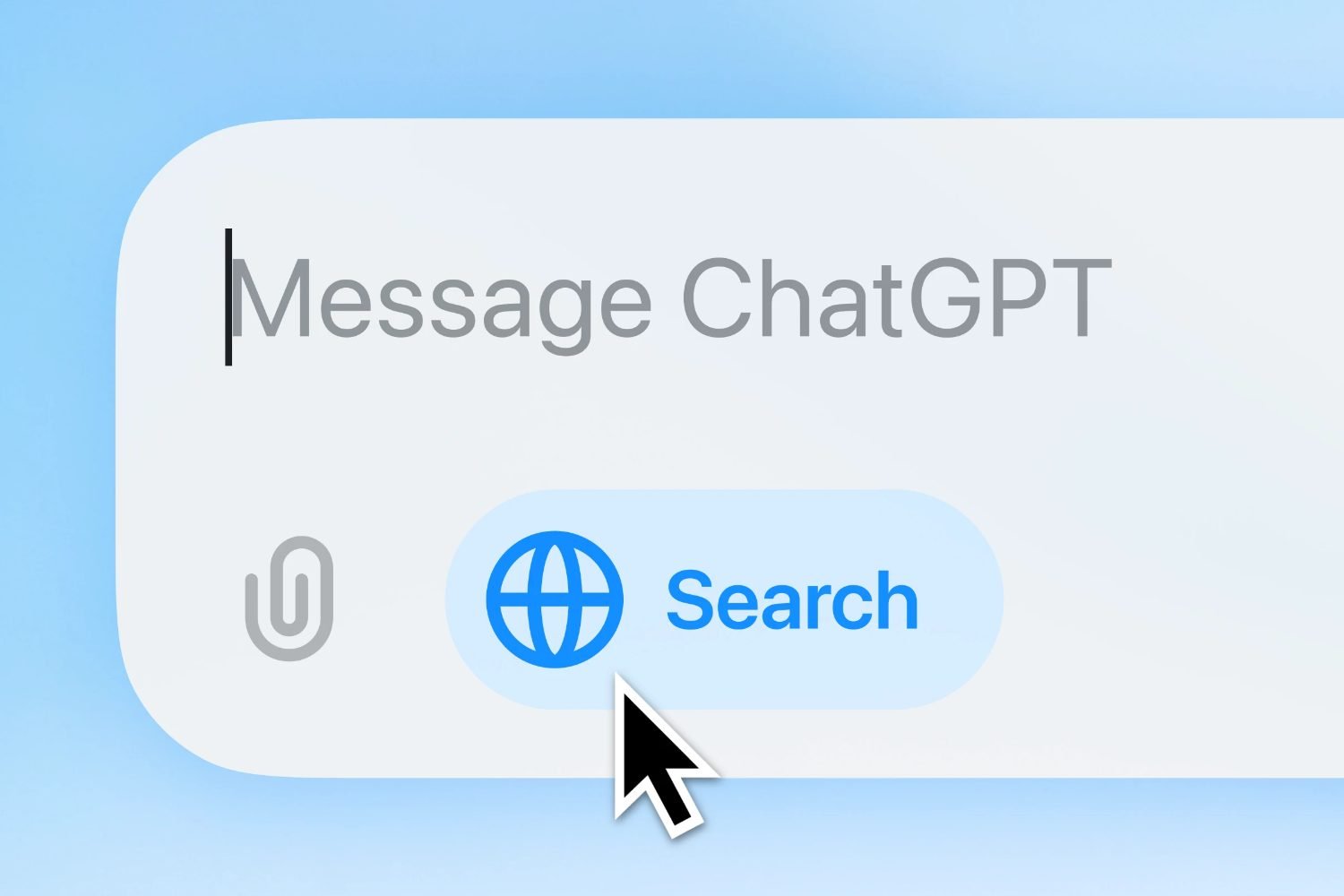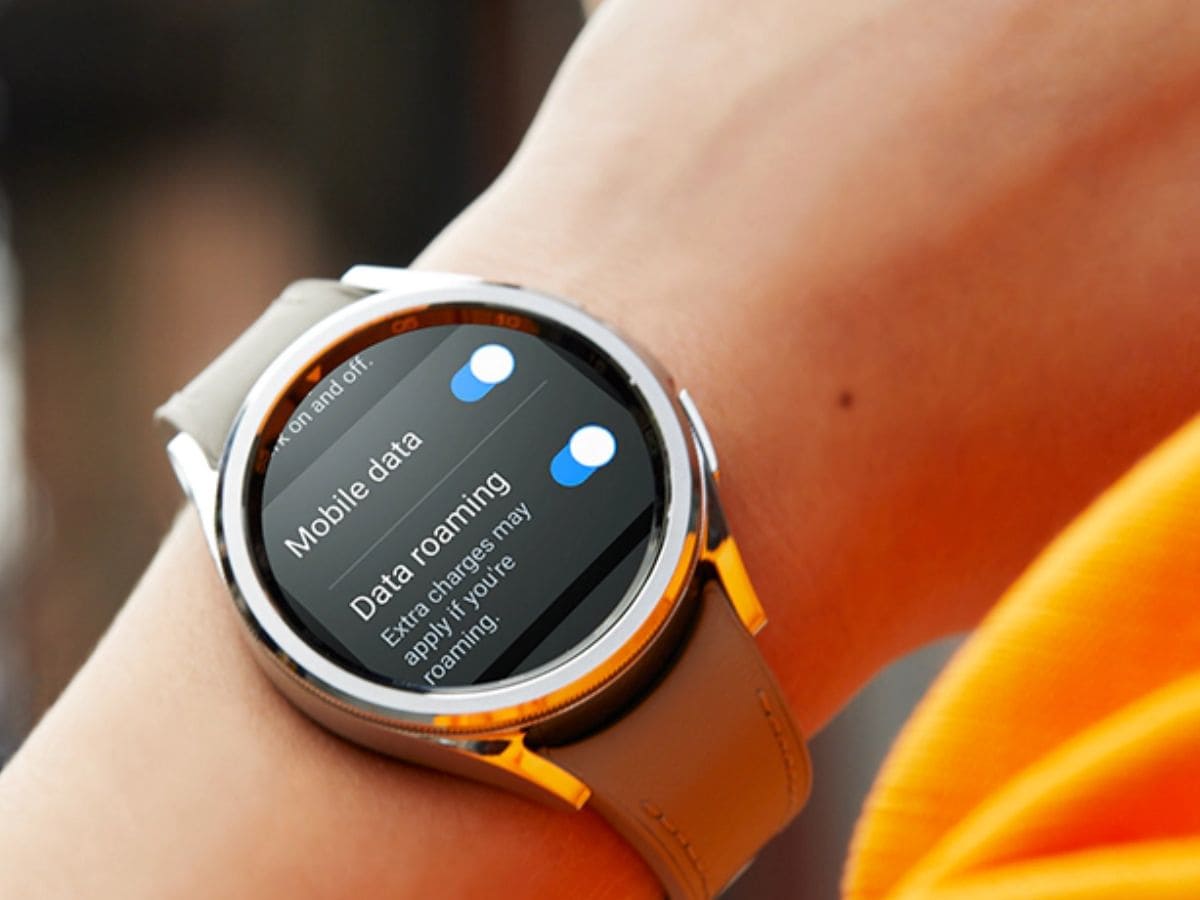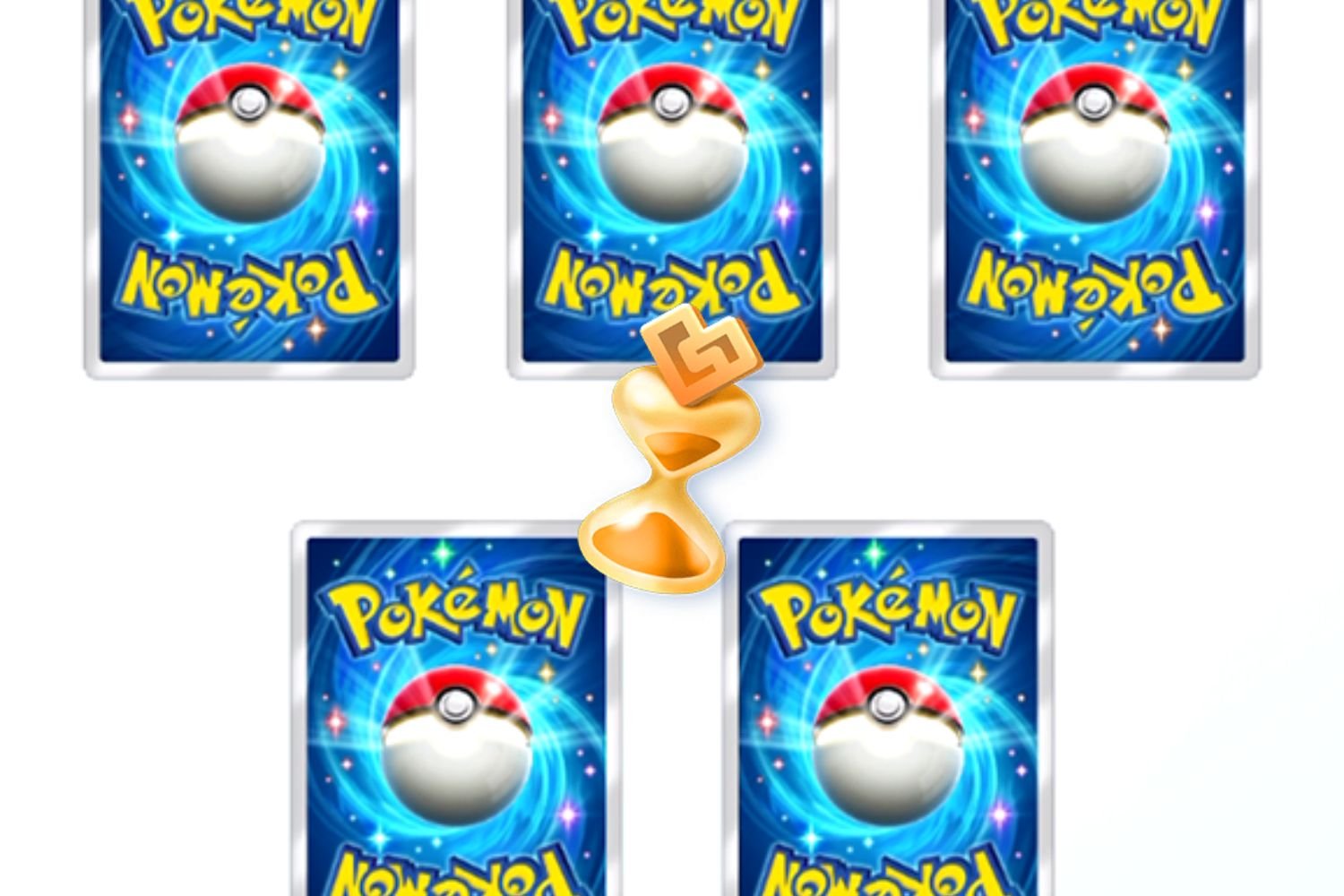Initially reserved for paying subscribers last October, then accessible to all Chatgpt users in December, the search engine developed by OPENAI now becomes a more accessible alternative to traditional engines. In addition to providing synthetic responses, he also quotes his sources, thus strengthening the credibility of his results (and this makes it easier to check the veracity of the responses).
A bot closer to a conventional search engine
This update brings chatgpt closer to traditional search engines. In addition to displaying links and sources, the tool now offers interactive cards and images to illustrate its answers. A change that is reminiscent of Google’s transformation into a direct response platform, rather than a simple directory of websites.
Twitter-tweet” data-width=”500″ data-dnt=”true”>
ChatGPT search is now available to everyone on https://t.co/nYW5KO1aIg — no sign up required. pic.twitter.com/VElT7cxxjZ
– OPENAI (@OpenAI) February 5, 2025
The arrival of Chatgpt Search in the big leagues does not go unnoticed. Comparison with other alternatives like Perplexity, another IA search engine which also works without account, becomes inevitable. Perplexity recently combined Tripadvisor to enrich its results with notes and opinions on hotels. OPENAI could follow a similar strategy by integrating other reference sources.
An analysis by Semrush, which relies on 80 million data lines, shows that user behavior is evolving with these new solutions. According to this study, 54 % of requests are processed without even the research function is activated, while the remaining 46 % benefit from the results from the web.
Another interesting point: chatgpt queries are longer and specific than those caught on Google. On average, a conventional request on a search engine contains 4.2 words, while those subject to chatgpt revolve around 23 words. This confirms a trend: Internet users make their requests differently when they interact with an AI.
However, Google remains largely dominant with 6.5 billion unique visitors in December, against “only” 566 million for Chatgpt. But users of the two platforms are not the same: Chatgpt especially appeals to young people and students, while Google attracts a more diverse audience, including full -time workers, retirees and parents at home.
For content creators and SEO specialists, this upheaval means that it is no longer enough to optimize its site for Google. From now on, we must also ensure that its content is understandable and usable by artificial intelligence models. Openai may not have dethroned Google yet, but the match is launched.
🟣 To not miss any news on the Geek Journal, subscribe to Google News. And if you love us, .










